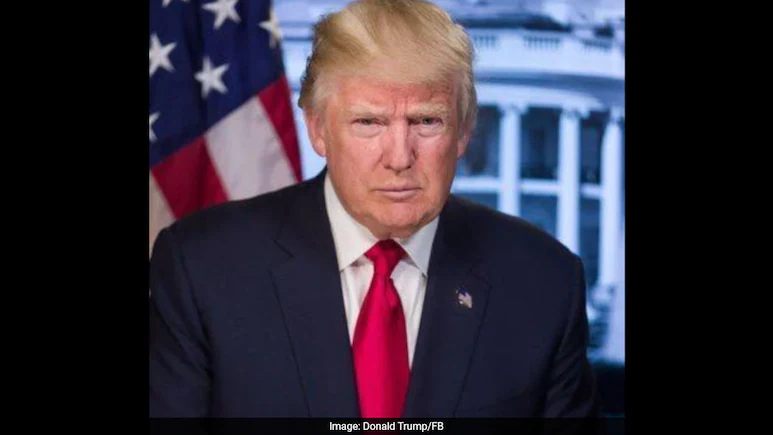During Donald Trump’s first term, several key policies significantly impacted the U.S. education system. As Trump returns to the presidency for a second term, Republicans are expected to renew their focus on higher education reforms, guided by their ideological principles.
Trump’s Pick for Education Secretary
A critical early move will be Trump’s nomination for Education Secretary, which will reveal his administration’s priorities for the education sector. Although higher education was not a major focus during his first term, the selection of a new Education Secretary could indicate a shift in emphasis for his second term.
Rolling Back Biden-Era Policies
One of Trump’s initial actions in office may involve reversing policies implemented during the Biden administration, particularly those related to student loan relief and Title IX. The Biden administration had expanded protections under Title IX to include sexual orientation and gender identity. Trump’s administration may seek to modify or limit these protections, bringing student loans and Title IX oversight under more direct federal control.
Title IX, established as part of the Education Amendments of 1972, is a federal civil rights law that prohibits sex-based discrimination in educational programs receiving federal funding. The law states:
“No person in the United States shall, on the basis of sex, be excluded from participation in, be denied the benefits of, or be subjected to discrimination under any education program or activity receiving federal financial assistance.”
Under Biden, the Department of Education enacted the most extensive student loan relief measures in U.S. history and is poised to defend a new income-driven repayment plan in court—a policy Republicans have criticized.
Proposal to Eliminate the Department of Education
During his campaign, Trump vowed to dismantle the Department of Education. This department oversees federal education funds, which amounted to approximately $238 billion in 2024, representing about 14% of total U.S. education spending. It also manages federal student loans, enforces civil rights in education, and collects education data. Closing this department could lead to reduced federal funding for schools, raise concerns over civil rights protections, and significantly alter the educational landscape.
Cutting Funding for Non-Compliant Schools
Trump has also threatened to defund schools that do not align with his policies. On his first day in office, he emphasized plans to cut funding for “any school promoting critical race theory, transgender issues, or other divisive racial, sexual, or political content.” Additionally, Trump stated he would withhold federal money from schools enforcing vaccine or mask mandates.
Reviving the Federal Tax Credit Scholarship
In his first term, Trump proposed a federal tax credit scholarship program for private schools, which failed to gain traction. His administration may attempt to revive this initiative by pushing legislation through the U.S. House of Representatives.
Support for “Moms for Liberty” and a Parents’ Bill of Rights
Trump may also advocate for a federal parents’ bill of rights, empowering groups like Moms for Liberty that seek to restrict books on race and gender identity in schools and demand transparency in school curricula.
American Academy: A Tuition-Free Online University
Trump has proposed creating a new online institution, the American Academy, to offer tuition-free bachelor’s degrees. This university would aim to compete with existing colleges by providing degrees recognized by all government agencies and federal contractors. Trump promises it will be “strictly nonpolitical” and free of “wokeness or jihadism.” Funding for this initiative could come from expanding taxes on university endowments.
As Trump’s second term unfolds, these policies could drastically reshape the U.S. education system, with significant implications for federal oversight, funding, and educational equity.







